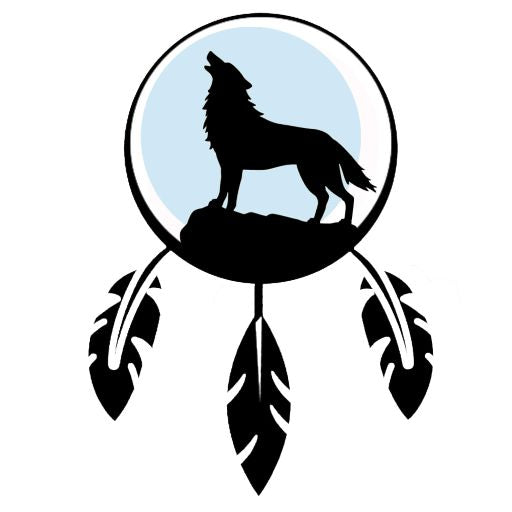Joyce Echaquan's Legacy: The Fight Against Systemic Racism in Health

In memory of Joyce Echaquan
On September 28, 2020, Joyce Echaquan, a 37-year-old Atikamekw mother, tragically died in a hospital in Joliette, Quebec. Her death shocked all of Canada, as it brought to light the mistreatment Indigenous peoples can face in healthcare institutions. Joyce, suffering from severe pain, live-streamed the final moments of her life, recording insults and a lack of empathy from the medical staff. These images caused outrage and sparked national awareness, but also profound grief for her family and community.
Joyce Echaquan, a symbol for justice
Joyce Echaquan left behind not only a grieving family, but also a symbol. A symbol of the fight against systemic racism, which continues to profoundly affect Indigenous people in Canada. This systemic racism is not limited to individual prejudices; it is embedded in institutions, in the way services are delivered, and in structural inequalities that have persisted for generations.
Joyce's case highlighted the shortcomings of the healthcare system, as well as the difficulty Indigenous people face in accessing safe care. It was not an isolated incident; it represents a reality experienced by many Indigenous people when seeking medical care.
Current challenges: the need for systemic reform
Since Joyce Echaquan's death, there has been an intensification of calls for reforms in healthcare systems and for recognition of systemic racism. Several demands have emerged:
- Cultural competence training : Healthcare professionals must be trained to better understand Indigenous historical and cultural contexts. It is essential to promote respectful care tailored to the needs of Indigenous peoples.
- Institutional accountability : It is imperative that health institutions are held accountable in cases of discrimination and that they put in place clear policies to prevent such abuses.
- Indigenous voices at the heart of reforms : To truly ensure that necessary changes are made, Indigenous communities must be at the heart of the discussion. They must participate in decisions that affect them.

Joyce's Principle
In tribute to Joyce Echaquan, the Atikamekw community proposed the "Joyce Principle," a framework aimed at guaranteeing all Indigenous people the right to access health services free from discrimination. This principle calls on governments to recognize the impacts of systemic racism and to take action to eliminate it. Implementing this principle would represent a crucial step toward justice for Joyce, but also toward reducing inequalities for all Indigenous people.
Why is this important to all of us?
Joyce Echaquan's story is a tragedy, but it is also a call to action. What happened in Joliette reflects a broader problem that affects not only Indigenous people, but all of Canadian society. Systemic racism in healthcare is not an isolated issue; it affects the quality of life and dignity of many people.
As a society, we have a responsibility to ensure that every individual is treated with respect, compassion, and equality. Joyce's memory must be honored through concrete actions, a collective commitment to eradicating systemic racism, and increased support for initiatives that foster greater understanding between cultures.
Conclusion
Joyce Echaquan left us far too soon, but her legacy is one of hope. By listening to Indigenous voices, supporting meaningful reforms, and educating our institutions, we can hope for a future where everyone receives the care they deserve, without discrimination. The road ahead is still long, but Joyce's legacy reminds us that change is not only necessary, but possible.
Source :
Radio-Canada, CBC, Global News
References :
- Atikamekw Nation, “Joyce’s Principle: A guide for justice in health”, 2021.
- CBC News, “After Joyce Echaquan's death, how do we tackle systemic racism? », 2020.
- Radio-Canada, “Joyce Echaquan: one year later, the fight continues”, 2021.
